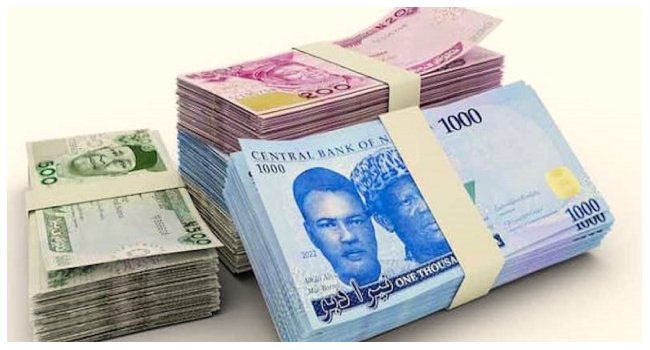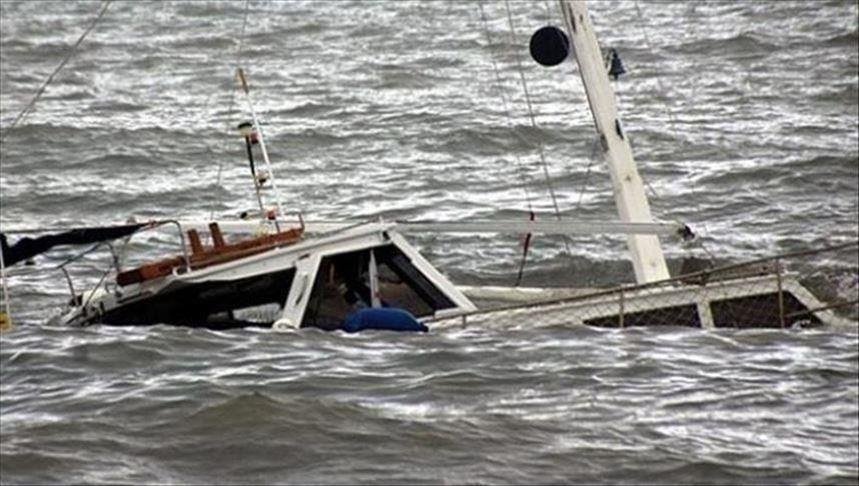Gom Mirian
A non-governmental organisation focused on transparency and accountability in government, the Socio-Economic Rights and Accountability Project (SERAP), has asked President Bola Tinubu to open an investigation into allegations of unaccounted oil revenues worth over $15 billion.
This is just as it also requested that the N200 billion earmarked for the repair of refineries should also be probed.
SERAP, in a letter dated September 23, 2023, and signed by its deputy director, Kolawole Oluwadare, urged the president to “name and shame anyone suspected to be responsible for the missing and unaccounted for public funds and to ensure their effective prosecution as well as the full recovery of any proceeds of crime.”
The NGO also urged him “to fully implement all the recommendations by NEITI in its 2021 report, saying: “There is a legitimate public interest in ensuring justice and accountability for these serious allegations. Taking these important measures would end the impunity of perpetrators.”
The letter further read: “Any failure to investigate these grave allegations, bring suspected perpetrators to justice and recover any missing public funds would have serious resource allocation and exacerbate the country’s debt burden.
“It would also create cynicism, suspicion, and eventually citizens’ distrust about the ability of your government to combat high-level official corruption, as well as deter foreign investment and limit growth and development.
“We would therefore be grateful if the recommended measures are taken within seven days of the receipt and/or publication of this letter. If we have not heard from you by then, SERAP shall consider appropriate legal actions to compel your government to comply with our request in the public interest.
“The findings by NEITI suggest a grave violation of the public trust and the provisions of the Nigerian Constitution 1999 (as amended), national anticorruption laws, and the country’s obligations under the UN Convention against Corruption.”



